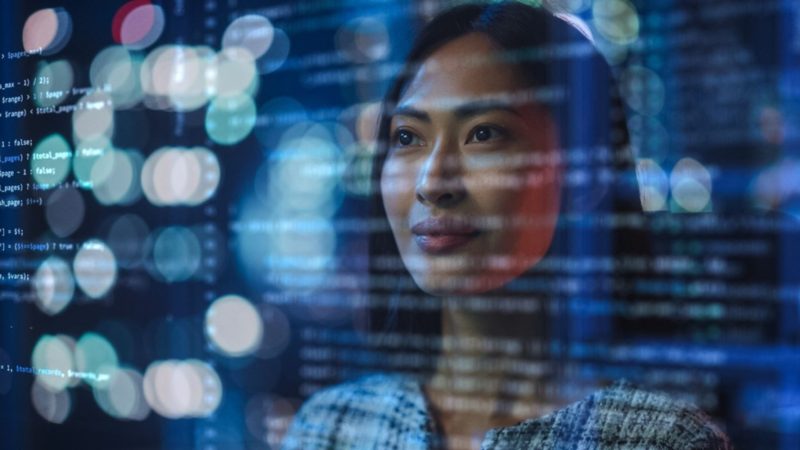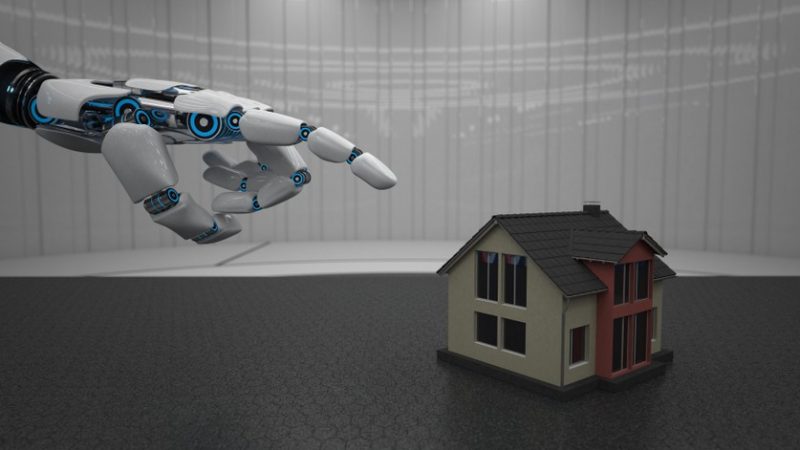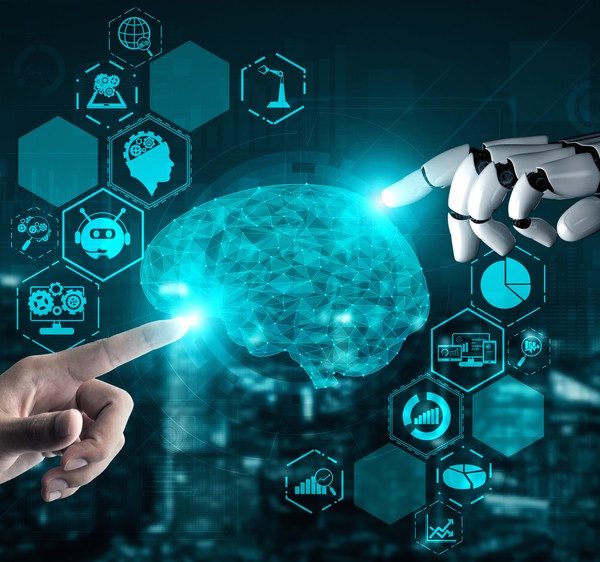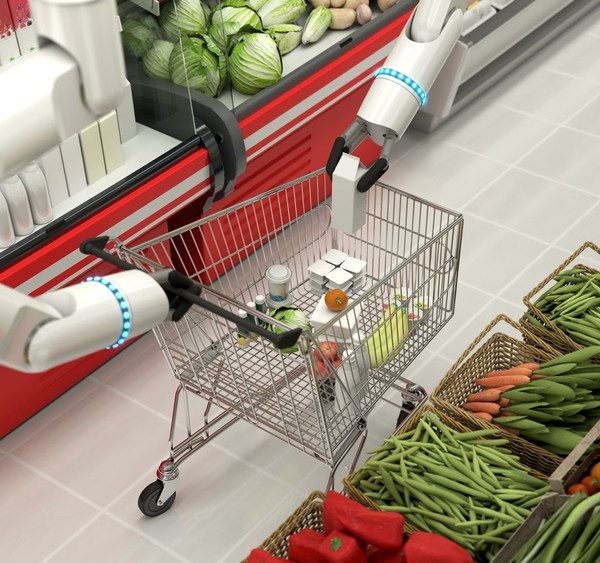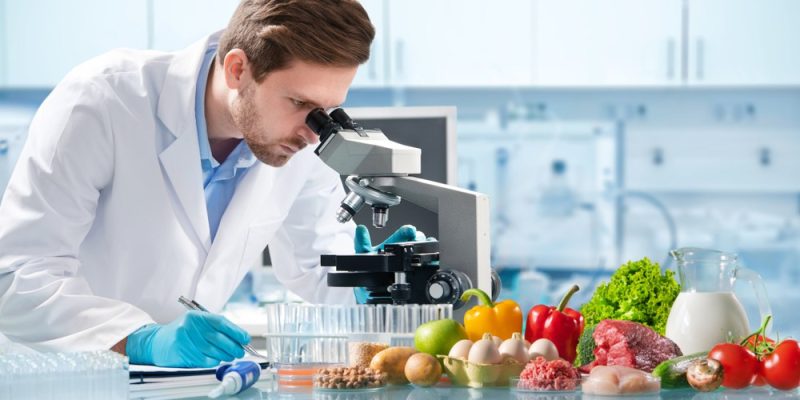
The Power of AI in Food Science
AI is transforming the food industry, enhancing food security, safety practices, product innovation, and personalization. In this article, we’ll delve into the specific areas where AI and food science are making an impact and the benefits they bring.
How AI and Technology are Revolutionizing the Food Industry
Food security is a growing concern across the globe, with an estimated 821 million people suffering from hunger in 2018. However, experts believe that the adoption of new technology and innovative solutions can help tackle this issue and achieve the Zero Hunger Target by 2030.
The Challenge of Food Security
The food industry is facing a significant challenge in terms of food security. The increasing demand for food linked with our exponentially growing population, climate change, which causes drought and crop failure, and the competition for farming land from urbanization, has created an urgent need for innovative solutions.
Food Science and AI to the Rescue
Fortunately, the application of food science and AI can help address these challenges and ensure food security for years to come. For instance, government agencies and organizations such as the World Food Programme (WFP) have been using satellite imagery combined with AI to identify farming areas that are or may be vulnerable to external factors such as droughts.
With this data, scientists can predict where crop yields may fail, enabling farmers to take proactive measures to prevent losses. Additionally, the agricultural industry can use this data to determine which areas are most viable for farming in the coming years, and establish farms in locations likely to yield the most/highest quality crops.
Precision Farming with IoT
One example of innovation in the food industry is the Microsoft FarmBeats program. This program leverages the Internet of Things (IoT) by analyzing data from several connected sources such as sensors and drones to carry out “precision farming.” By administering measured amounts of water and pesticides exactly when and where it’s needed, this technique helps save on waste, make farms more efficient, and boost crop production, ensuring healthy crop yields and a reliable food supply.
Food Safety Compliance: AI-based Cameras Revolutionizing the Food Industry
Food safety compliance is of utmost importance in the food industry. Food producers and packagers must ensure that their products are safe for human consumption. Any contamination, even the slightest, can pose a significant risk to consumer health and safety, which can have serious consequences for both the food company and its customers. To address this issue, the food industry has started implementing AI-based cameras that can detect employee activities that do not comply with health and safety policies.
AI-based cameras in the food industry
AI-based cameras have the capability to detect non-compliance activities by employees. For instance, the cameras can identify whether an employee is wearing the appropriate protective gear or not, and alert managers to the breach. Additionally, the cameras can use facial recognition to detect members of staff who are in unauthorized areas, thereby preventing any potential risks.
The technology has been implemented in the wider food industry, with the Shanghai municipal health agency being a prime example. The agency has installed the cameras in over 200 restaurants in Shanghai, and following the success of the project, the agency plans to expand it to 2000 more restaurants. The cameras have enabled managers to monitor in real-time the use of proper food protection gear in their kitchens, and thus, improve food safety compliance.
Benefits of AI-based cameras in the food industry
The use of AI-based cameras in the food industry has numerous benefits. Firstly, it ensures that food safety compliance is maintained at all times, reducing the risks of contamination and safeguarding consumer health and safety. Secondly, the technology improves efficiency by providing real-time monitoring, allowing managers to address non-compliance issues immediately. This, in turn, saves time and costs associated with food safety inspections.
Moreover, AI-based cameras promote transparency in the food industry. The technology ensures that all activities are recorded, creating a trail of accountability. In case of any violations, the footage can be used to identify the culprits and take appropriate action.
Read Also: How Does AI Impact Food Delivery?
Predicting consumers’ preferences with ai in the food industry
The use of Artificial Intelligence (AI) in the food industry is becoming more widespread as it provides a way to personalize shopping experiences. AI is being successfully leveraged by several brands to predict what food and drink products customers will prefer, enabling them to tailor their shopping experience by making valuable recommendations. Vinify and Tastry are two examples of brands using AI in this way.
Vinify, a wine brand, uses machine learning to advise customers on wines that are adapted to their tastes. By analyzing customer data, Vinify can recommend wines based on past purchases and preferences. This provides a personalized shopping experience for customers, who can quickly and easily find wines that match their taste profile.
Tastry, on the other hand, uses a combination of AI, machine learning, analytical chemistry, and flavor preferences to provide science-based recommendations for retailers. Tastry analyzes the chemical composition of foods and drinks to determine which products customers are most likely to enjoy. This information is then used to make personalized recommendations that help retailers provide a better shopping experience.
Future Directions
The food industry is already making significant use of AI and food science to address a wide range of industry challenges and opportunities. Looking ahead, we can expect to see continued development of AI technology in the food sector, as well as an expansion of its applications.
One potential area for growth is in the use of AI to personalize meal planning. By analyzing individual preferences and nutritional needs, AI could recommend meal plans that are tailored to each person’s unique requirements. This would provide a more convenient and efficient way for people to plan their meals, while also helping them to make healthier choices.
Another area where AI could have a significant impact is in food safety. AI could be used to monitor food production and distribution, identifying potential risks and helping to prevent foodborne illnesses. This would improve the safety and quality of the food we eat, while also reducing the cost of foodborne illness to the economy.
Conclusion
AI is rapidly changing the way the food industry operates. As we continue to explore the potential of this technology, we can expect to see new and innovative applications that help to provide a better shopping experience for customers and improve the safety and quality of the food we eat.





